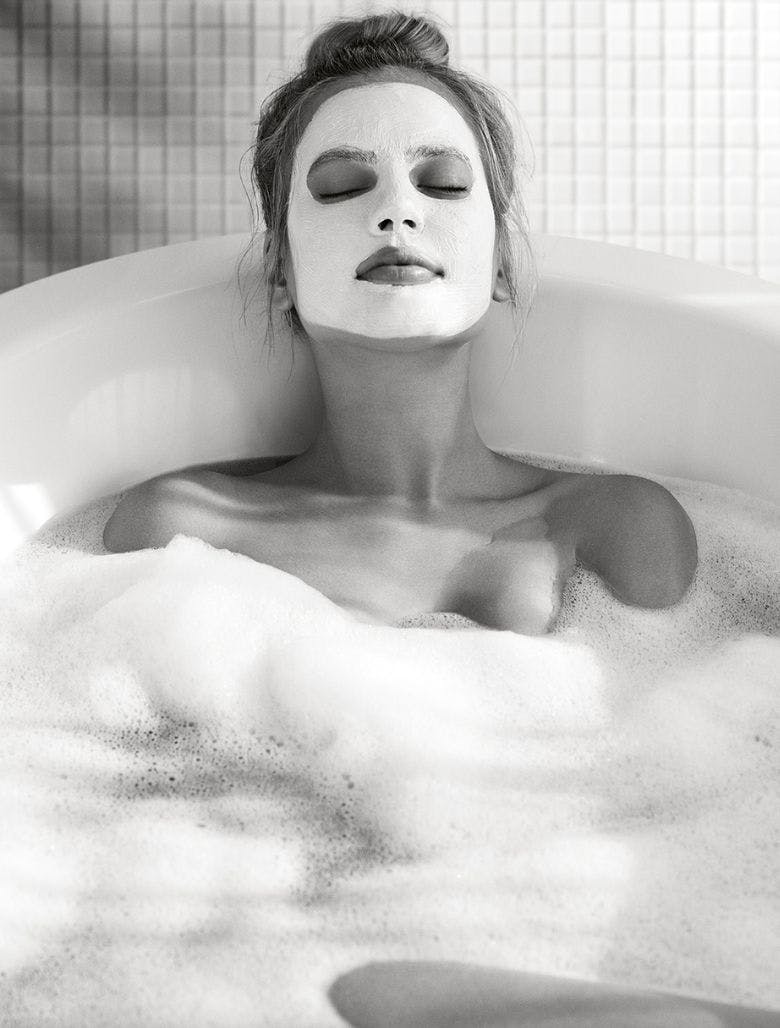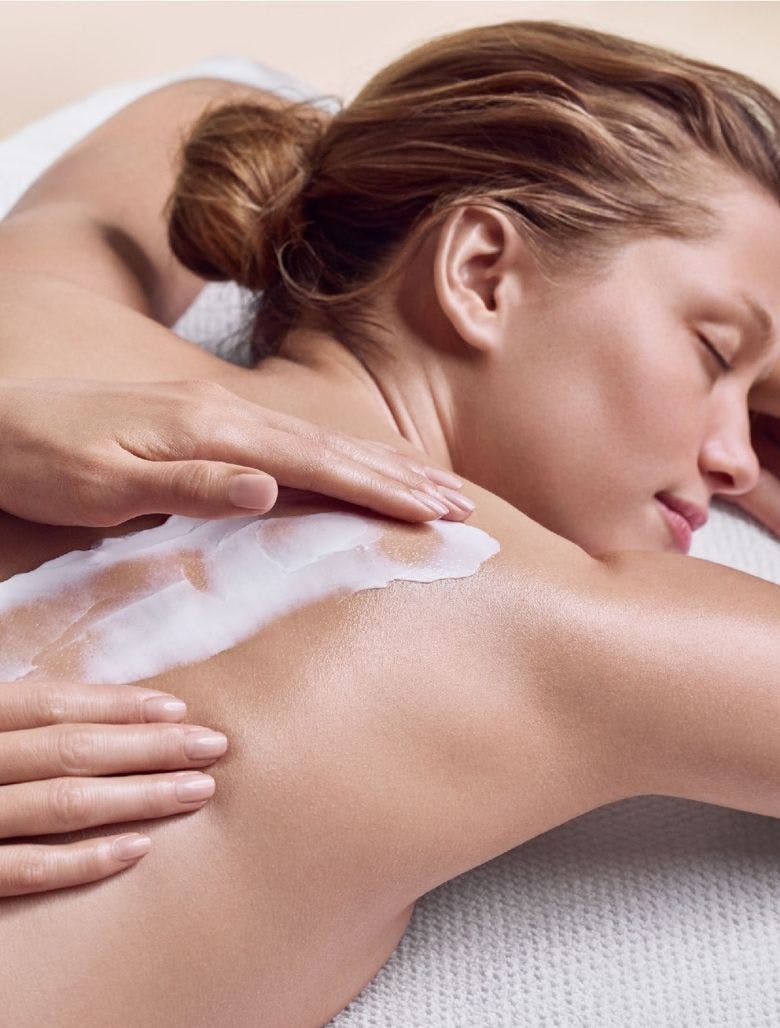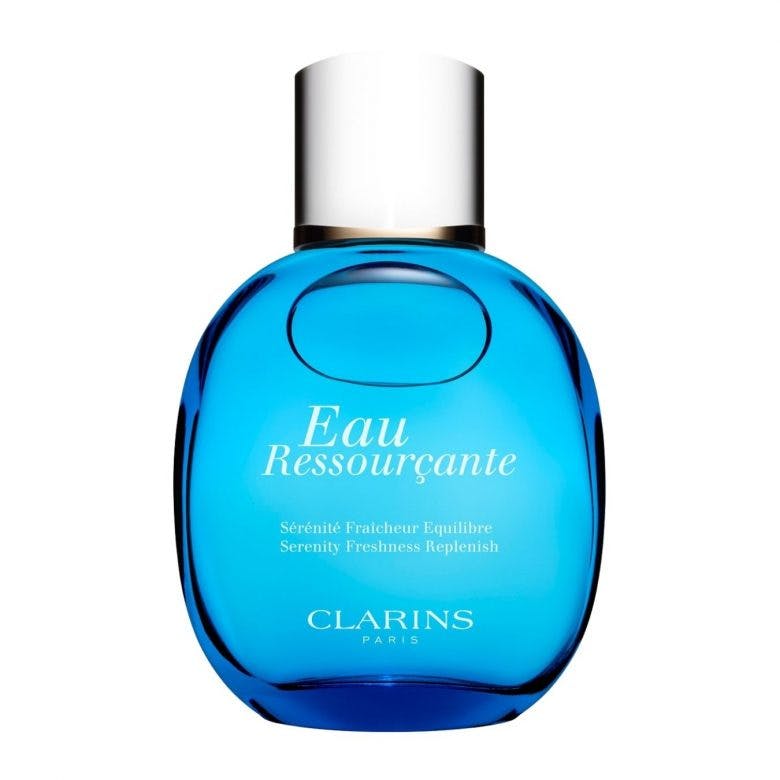10 Ways To Indulge In Self Care This Weekend
9 minutes read
There has never been a better time to indulge in self-care than now; after all, looking after ourselves (physical and mental health) has become more paramount than ever – unquestionable and non-negotiable.
So, if you’re feeling overworked or overwhelmed and looking for self-care ideas to lift your spirits, you’re at the right place.
Whether you’re looking for mindfulness tips on how to find joy or a product that will offer a little Zen-in-ten, we’ve listed proven ways to release happy hormones and science-backed strategies to improve your state of mind.
Beauty Daily lists ten simple and soothing self-care ideas you can do this weekend or whenever you feel you need some extra pampering.

Why is self-care important?
Some people look at self-care as a vanity project because the first thing that comes to mind is self-indulgent people with too much time on their hands. However, self-care is subjective.
It’s anything you do to be good and kind to yourself. If done consistently and correctly, self-care has long term benefits for the mind and body.
“Make time to relax when you need to and do small things every day that feeds your soul. Self-care can also include creating boundaries and sometimes learning to say no to things. It also includes creating boundaries between work time and home time – especially when working from home,” says Corina Zanner-Entwistle, Hypnotherapist and Psychotherapist, CEO of Executive Mind Solutions.
Self-care strategies
Take the time to reexamine and reevaluate your life. Then, look at your self-care strategy as the bigger picture of where you’d want to see yourself moving forward.
Determine which areas of your life need a bit of improvement or rebalancing. Which ones bring you the most joy or value the most? And think of ways to feel better in each area by incorporating activities that you can squeeze into your day or weekends.
It can be spending time with family and friends, prioritising me-time, spending more time outdoors, or eating healthier. You can then narrow this down by going down to the details of your activities to make this work or doable.
Pro Tip: “Things that you enjoy doing will be different for everyone, so figure out what those are and do more of them at the weekend. Make relaxation, free time, fun and rejuvenation a priority. Then, plan it into your days and weekends to make sure it happens,” Mental Health and Burnout Prevention Strategist Entwistle says.
Self-care activities
Here are science-backed, expert-approved strategies you can adopt to improve your state of mind and boost your sense of wellbeing.
-
Turn your beauty routine into a self-care ritual
“Try setting an intention for your skincare routine. It might be that your intention is to get to know your skin more. Then, as you do your skincare routine, you’re just spending more time with what you can feel instead of what you can see. Feeling how heavenly the texture of your facial oil is and maybe repeating an affirmation of I’m learning how to find peace with the skin I’m in,” instructs Giselle La Pompe-Moore, trauma-sensitive meditation teacher and author of Take It In: Do The Inner Work.
There are a plethora of skincare products that both nourishes the skin and supports overall wellbeing. Not only making us look good but feel good.
Beauty Daily swears by the Blue Orchid Facial Treatment Oil. This treatment oil has orchid and patchouli essential oils, which help revitalise and restore radiance to moisture-depleted skin. But also, orchid essential oil promotes mental alertness and reduces fatigue and stress levels, while patchouli essential oil provides a feeling of relaxation.
2. Go for a nature stroll
If you find yourself stuck at your work desk five days a week, find a non-negotiable me-time, or a family bonding to go for a walk among nature. Even better if you can get to woods, fields, the beach or your nearest park, perhaps
weather-permitting, the garden or balcony works – to hear some bird song or take in the movements of the clouds. This re-focusses your eyes, mind, and spirit away from study, the screen, or home stress.
Most healthcare professionals agree on the benefits of nature strolls, either in the city park or in the wilderness. Exposure to nature has been linked to a host of benefits, including improved attention, lower stress, better mood, reduced risk of psychiatric disorders and even upticks in empathy and cooperation.
3. A long soak in a bathtub
According to researchers at the University of Freiburg in Germany, study participants with depression reported a boost in mood after soaking in a 40C bath for 30 minutes.
Beauty Daily recommends using either the lemon-ginger-infused Tonic Bath & Shower Concentrate in the morning or the calming chamomile and basil Relax Bath & Shower Concentrate at night.
Pour a few drops of concentrate into the bathtub, then run water (maximum temperature: 37°C-98.6°F). Stay in for 10 mins to inhale the aromatic steam.
If you don’t have a bathtub, no problem. In the shower, apply the gel onto the wet skin, rub the gel between your palms and don’t forget to inhale the uplifting aroma as it permeates the steam in the shower too.
4. Feed yourself and others with kind words
“Writing a love note to yourself on your phone, listing all the things you love about yourself and that others love about you, is a lovely practice. If you find it hard to write about physical characteristics, that’s OK, you can write about how much you love that you know something about everything, that you’re a great friend and so on,” La Pompe-Moore suggests.
Entwistle suggests making a gratitude jar. “Write down things you are grateful for daily and then keep them in a jar. Then, when you feel stressed or overwhelmed, take a look at all the positive things in your life. Some people even like to make this into a family ritual where they do it together at the dinner table.”
5. Shop and send out self-care packages (for you and for the ones you love)
A study conducted by Pennsylvania State University researchers published in Psychology & Marketing showed that 62% of participants who bought items to treat themselves had improved their bad mood.
There is also evidence that we release happy hormones during gift-giving behaviours, such as serotonin, dopamine, and oxytocin. So go ahead and send out self-care packages to the ones you love.
6. Non-negotiable spa days
Lucy Mcclure, Clarins Treatment Training Development Manager, recommends booking a spa treatment on your ultimate self-care weekend. But choosing the one that is fit for your needs is key.

“At Clarins, you’ve got options of where you can have treatments. So you’ve got your beauty bar treatments, which are those half an hour turbocharged treatments that are all priced at £26. So it is affordable for a lot of people and really easy to fit into your lifestyle.”
However, if you are looking for more result-driven, she suggests a spa treatment.
“The beauty sleep spa treatment is designed to give you a good night’s sleep. So, it will really help calm and relax. It concentrates on breathing through guided meditation. We also use petitgrain, chamomile, and basil. Aromatic properties help calm, soothe, relax, both the mind and body,” Mcclure explains.
Adding, “Whereas the energy booster treatment is designed for people with low energy levels. If someone suffers from depression, anxiety, or stress, this is perfect because it uses mood-enhancing aromatic properties designed to lift the senses. The energy booster will be a lot more rhythmical and slightly deeper in pressure, whereas the beauty sleep will be lighter because we want to work on the nervous system, and it will be slower because you want to induce sleep.”
Check your nearest Clarins Skin Spa.
7. Go on a weekend digital detox
If you find it hard to schedule some time every day to unplug from tech, make a habit of going on a weekend digital detox, which can be on a Saturday or Sunday. Experts say doing a digital detox has multiple benefits, from being productive at work to deepening your relationships with family and friends.
The benefits of taking a technology timeout include sharper focus, less stress, better social interactions, and more control of your time. Practice this while having dinner with family, going out on nature walks, and hanging out with friends. Put down your phone and be in the moment.
8. Get into baking
Mounting scientific evidence proves that baking is one of the best forms of self-care. In addition, many psychologists say baking can provide a positive way of distraction and can be considered a mindful activity, meaning it focuses us on the here and now, which helps reduce stress.
Here are baking home kits if you’re unsure how to get started.
9. Ancient Chinese self-care ritual
If you are curious about the self-healing benefits of Gua Sha, crystals and Chinese medicine in general, you’re in for a treat. Katie Brindle shares her daily self-care techniques as best-selling author of Yang Sheng: The Art of Chinese Self-Healing and Founder of Hayo’u and Hayo’uFit.
“Self-care needs to be simple, effective and time friendly. This is why at Hayo’u we practise ‘one-minute to self-care, with enjoyable techniques using quality tools and precious crystals,” Brindle, who is a certified Chinese medicine practitioner explains.
She suggests starting your mornings by body tapping using a Bamboo Tapper.
“This is an ancient Chinese therapy called Pai Sha and is a hugely effective way to support and maintain one’s health. An all-over body tap can clear areas of stagnation, support lymphatic drainage, release tension and encourage a smooth flow of blood and qi around the body,” she explains.
Another one she recommends is using a Jade Body Comb in the shower. An ancient Chinese self-healing treatment, body combing, works similarly to body brushing. It boosts lymphatic drainage, making it particularly effective for heavy legs, water retention and cellulite.
Read Next: Does Lymphatic Drainage Massage Actually Work? Experts Weigh In
-
Bedtime routine
If you want a relaxing goodnight’s sleep, tweaking your diet so you can slow down in the evening is an excellent place to start. Gail Warren, Nutritional Therapist and Founder of Nutrition on the Hill, suggests: tryptophan-rich food.
Tryptophan is an amino acid proven to induce sleep. This is because it is a precursor to the sleep-inducing chemicals serotonin and melatonin.
“Include lean chicken and turkey, grass-fed beef, firm tofu, salmon, edamame, milk, pumpkin seeds, oatmeal, and eggs into your diet. So a good mix of both animal and plant protein. Oily fish, tart cherries, goji berries, walnuts, pistachios and cashews are also recommended for their concentration of melatonin,” she says.
Experts recommend waiting at least three hours after you’ve eaten to go to bed.

Charlotte McHale, Clarins Training Manager, suggests, “Spritzing Eau Ressourçante on your pillowcase or your bed linens to give you that calming and relaxing scent of chamomile and basil to lull you to sleep. But, most importantly, get your 7-8 hours of shut-eye per night – they don’t call it beauty sleep for nothing.”
Also, avoid using electronic devices with screens in the hours before bedtime, as the blue light they emit can be a sleep disruptor.’
Find it hard to switch off at night? Keep a night journal by your bedside table. La Pompe-Moore says: “Dump all your worries, fears and to-do lists in your journal, pretend that your journal is a helpful friend and tell them everything. Don’t judge what you write; it can be messy and not make any sense, just give it all to the page.”
Sign up for our newsletter
We will keep you in the loop for special offers, exclusive gifts and product news.

